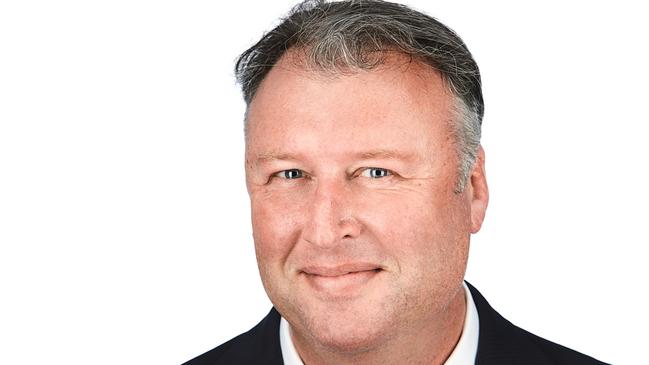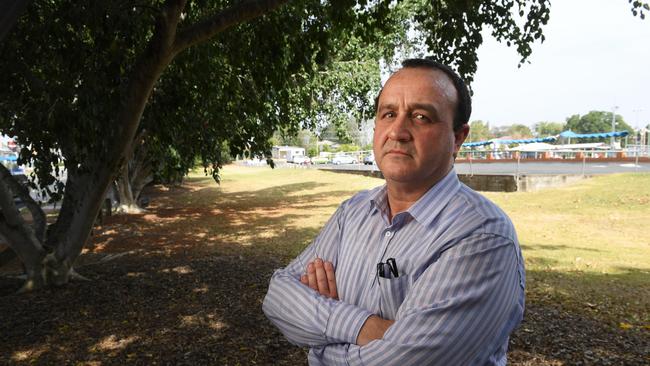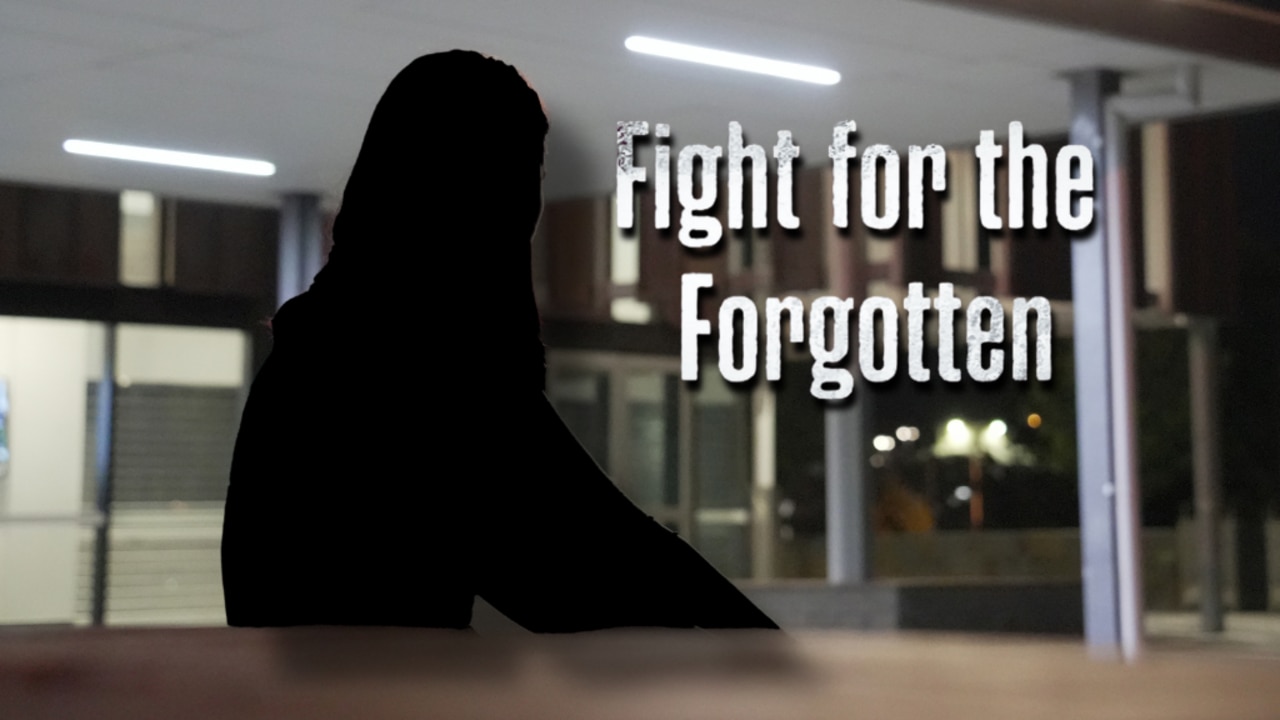‘It was immediate’: 51 staff members at PA Hotel have lost their jobs in the latest Queensland Covid lockdown
Only four staff members remain employed at a once-thriving nightlife venue in the heart of Ipswich after the latest lockdown.

Ipswich
Don't miss out on the headlines from Ipswich. Followed categories will be added to My News.
As business owners work to keep their livelihoods afloat, Ipswich’s business forum warns the repercussions of the Covid Delta strain threaten the city’s economy on a major scale.
Once-thriving companies are haemorrhaging money, cutting staff and, according to Ipswich Chamber of Commerce and Industry president Phil Bell, it could spell massive change for how the city does business.
“The current lockdown is severe and significant,” he said.
“The reality is the duration and sudden impact of it means that business owners are significantly into their own personal savings and reserves if they weren’t already.”
One-off payments of $5000 from the Queensland Government will be available to eligible businesses across the state, including those not in lockdown areas.
Businesses with a turnover of more than $75,000 and a payroll of less than $10 million annually are eligible for the small payment.

But business owners say the amount will barely cover the electricity bill and the money will not be available until mid-August at the earliest.
“Everyone seems pretty slow to the start line around providing any sort of support so it’s really challenging for a lot of businesses at the moment,” Mr Bell said.
“They still have wages to pay and their costs remain.”
More than 50 hotel staff have lost their jobs at a popular Ipswich hotel, following news of the snap lockdown, currently set to end at 4pm on Sunday.
PA Hotel manager Peter Coultas said only four staff members remained employed at the PA Hotel on Brisbane Road, Booval.
The snap lockdown across southeast Queensland was announced on Saturday morning and began at 4pm that afternoon.
“We have stood down every single staff member except for retail – everybody,” Mr Coultas said.
“Straight away – once we packed up and secured everything, it was immediate.”
Mr Coultas said the impact of the pandemic on hospitality businesses would be felt by consumers.
“It’s tough and it’s going to be tough and I think the public need to be aware that many venues won’t come back the same way they went into this lockdown,” he said.
“Menus will be different, staffing will be different, expectations on customers will be different, booking times will be different.”
He said diners would need to change their own expectations.
“The public will have to understand that, to help restaurants, they will need to change their dining habits,” he said.
“Don’t all expect to come out and dine at 6pm and 6.30pm – dine early and dine late.”

Mr Bell said the token suggestion that businesses should “pivot” to keep afloat during a pandemic was unrealistic, especially for the majority of businesses with low profit margins.
“The reality of it is that pivoting by itself is not sufficient anymore,” he said.
“A lot of business owners pay themselves last and operate businesses that are very marginal at the best of times.
“To add the additional risk (of pivoting) and the significant burden of continuing to pay overhead cost without any revenue stream for a lengthy period of time is extremely challenging.”
He said being able to “pivot” and think laterally were already vital to run a business even before the pandemic.
“That’s what frustrates me around the situation that businesses pivot,” he said.
“Most pivoted 18 months or two years ago – I think we’ve run the neck of those innovative ways in which we can do business differently in a lockdown.
“What we’re looking at now is some of the innovation among business people who are exploring exit strategies or doing things completely different – not just pivoting their existing business.”
He said the inability to plan ahead was eroding the confidence of business owners and customers.
“A lot of business people I’ve talked to are either looking to re-skill or cross-skill and look for other commercial endeavours outside their business that have less risk,” he said.
“I think the concept of building second and third and fourth careers is real for a lot of business owners.”
Mr Bell said hospitality businesses were among those buckling under the pressure.
“The support needs to come and it needs to come from all levels of government,” he said.
Read more news by Ebony Graveur here.


